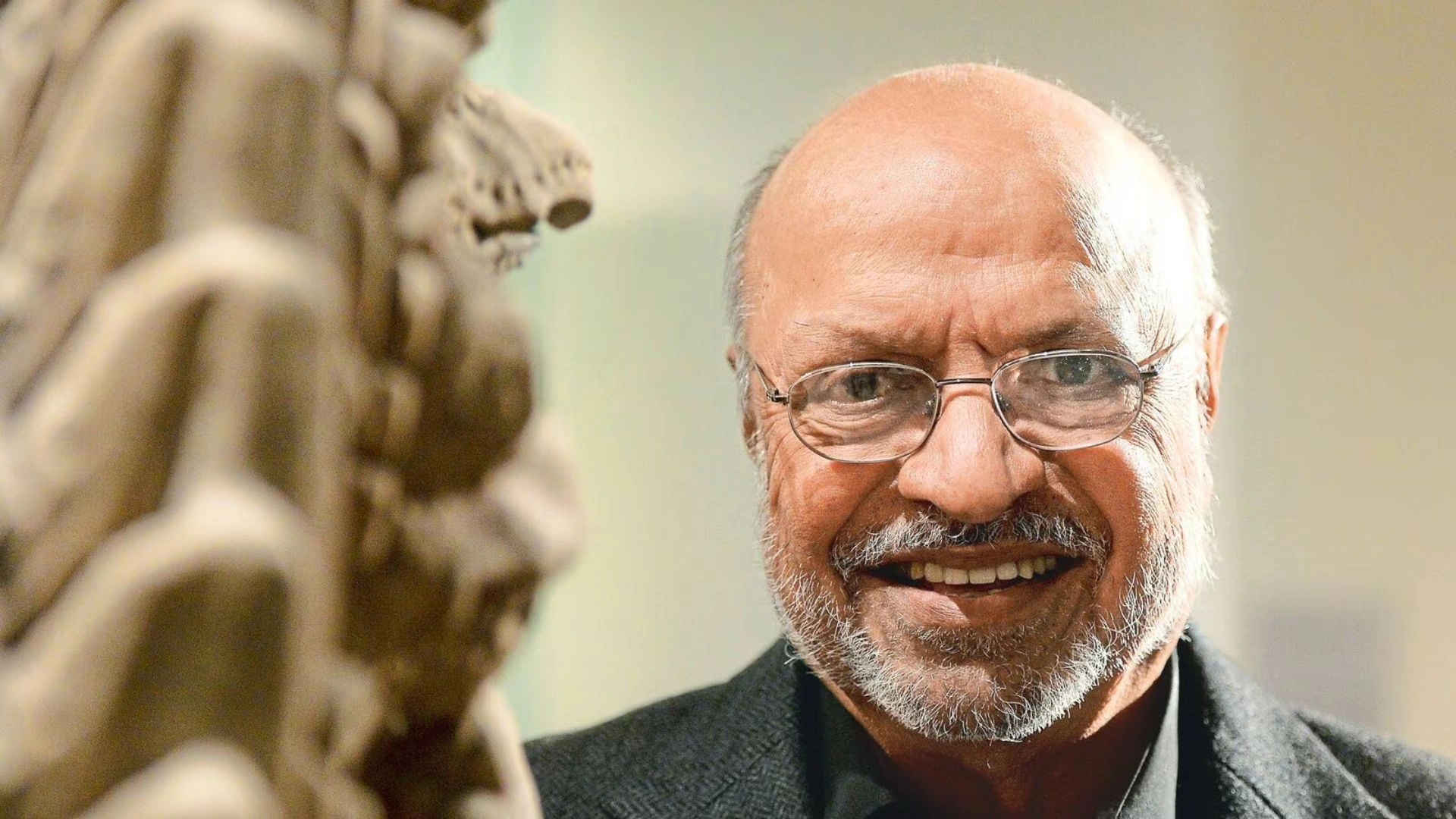Alexei Zimin, a well-known Russian chef and vocal critic of President Vladimir Putin’s policies, was recently found dead in his hotel room in Belgrade, Serbia. Known for his opposition to Russia’s annexation of Crimea and, later, the war in Ukraine, Zimin had gained fame as a television chef in Russia before relocating to London following his criticism of the Kremlin. He was 52 years old.
The BBC, citing Russian media, reported that Zimin was in Belgrade to promote his new book, Anglomania, a work focused on Britain and its culture. Serbian authorities have indicated that there were “no suspicious circumstances” surrounding Zimin’s death. A full autopsy and toxicology analysis are underway to confirm the cause of death.
Rise to Fame and Opposition to the Kremlin
Alexei Zimin was celebrated for his culinary skills and his popular cookery show on Russian broadcaster NTV, which aired for years. However, his outspoken stance against Russian aggression put him at odds with the authorities. In 2014, Zimin publicly condemned the Kremlin’s annexation of Crimea, marking the beginning of his criticism of Putin’s administration. Soon after, Zimin left Russia and set up new ventures in London, where he continued to express his views against the Russian government and, later, against the Ukraine invasion.
In 2022, as the Russia-Ukraine conflict escalated, Zimin openly condemned the invasion on social media, posting a video of himself singing an anti-war song. This post led to the abrupt cancellation of his Russian television show Cooking with Alexei Zimin on NTV. Zimin continued to voice his anti-war stance on social media, calling on the Kremlin to withdraw its troops and “bring our soldiers home.”
Reflecting on his anti-war beliefs, Zimin shared, “Like everyone who grew up in the USSR, I was brought up with the fairly common sense belief that war is the worst thing that can happen. There is no excuse for it, and even if there were, now it’s too late to make excuses.”
Belgrade Book Launch and Shock Among Friends
During his visit to Belgrade, Zimin had presented Anglomania, a book exploring British culture, at a restaurant. Katerina Ternovskaya, co-owner of the restaurant where he launched the book, described Zimin’s demeanor as cheerful and content on the evening of the event. She expressed her shock at his passing, saying, “The last time we saw him, he was smiling and in a great mood. The dinner was wonderful, and Alexei was very happy.”
Zimin’s London-based restaurant, ZIMA, also mourned his death, expressing deep sorrow in a heartfelt post on Instagram. The restaurant team wrote, “To us, Alexei was not only a colleague but also a friend, a close companion with whom we shared many experiences—good, kind, and at times sorrowful. We are profoundly grateful for the kind words we have received today in Alexei’s memory. The entire ZIMA team extends our heartfelt condolences to Alexei’s family and mourns alongside them.”
A Legacy of Resistance and Charity
Since his move to the United Kingdom, Zimin had been a constant advocate for peace. His restaurant, ZIMA, in central London, became known not only for its cuisine but also for its activism. The restaurant reportedly donated funds to aid Ukrainian refugees, an act that, according to Zimin, attracted threats against him and his business.
In his posts, Zimin was clear about his opposition to the war in Ukraine, frequently using his platform to criticize Russia’s involvement in the conflict. One of his widely shared statements included a call to “Stop the war. Withdraw troops and bring our soldiers home.” This message resonated deeply with his followers and reflected his steadfast anti-war stance.
A Complex Legacy
The death of Alexei Zimin leaves a gap in the culinary world and among anti-war activists. His bold voice against violence and his unflinching criticism of Russian policy left a lasting impact on his fans and followers in Russia, the UK, and beyond. Zimin’s death has resonated as a tragic reminder of the costs borne by those who speak out, and his passing has brought to light the ongoing challenges faced by Russian dissidents living abroad.

















